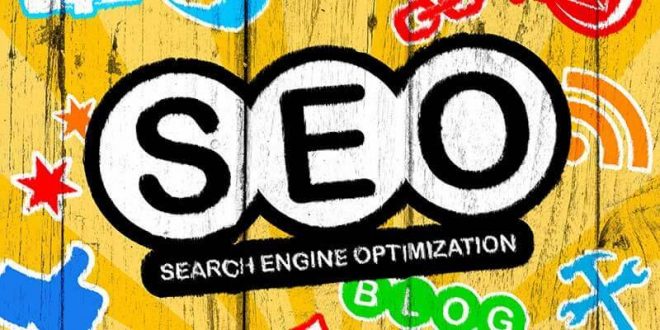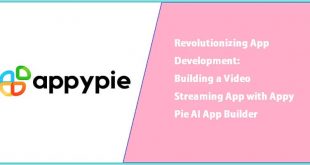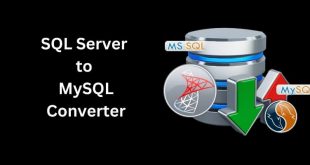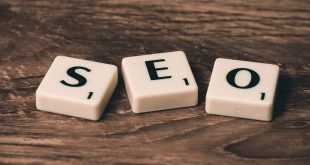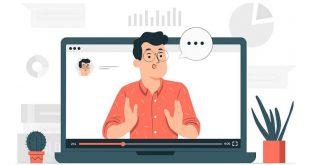As marketers, we have a duty to be at the forefront of the seemingly endless updates of Google’s algorithm. If we do not, we run the risk of not appearing in important keyword searches. However, keeping up with all these changes is not an easy task. Luckily, when it comes to achieving success with SEO on your website, there is a general rule that continues to be a proven technique: the optimization of websites with relevant and targeted keywords. If you have a well-optimized site, you will begin to see results, such as better visitor quality, higher conversion rates and, ultimately, more customers. To Do My Assignment of optimizing the page, this article will provide basic tips.
SEO off- Page
The objective of SEO is to make life easy for Google, so you can index your pages as quickly as possible … and classify them according to your interest. To understand ourselves we could say that, through SEO “On Page”, you are going to try to “explain politely” to Google what is the purpose of your page. And please note that I say “politely”, if you pass Google will cease to be your friend, like that neighbor who shuns you on the stairs, because you are a heavy … or because you consider that you dedicate yourself to “spam” people and you do not bring anything of value.
It is quite usual that your website is not positioned without a minimum of SEO work on a page. Google will classify your pages, whether you want it or not: you need it to be able to offer answers to the needs (searches) of the users. Although you will not always convince it to accept your “indications”, if you omit them or do it incorrectly, you can choose to classify yourself (position yourself) in searches that are not the ones you want.
Later that information will be analyzed to determine the niche to which your page belongs, and the relevance it has within it. However, if the tracking robots cannot find your page, or cannot index it, you will not go to Google. Therefore, you should do everything possible to make these bots find and analyze your page as easily and efficiently as possible.
SEO On-Page
We recommend creating the new content that you will add to your site, taking into account the specific keywords you are targeting (one or two keywords per web page). However, if you already have a considerable number of published web pages, in this case, the first step should be to perform an SEO audit on the current website.
Decide which category of keywords corresponds to each page and then add that category in a column next to the name of the page. Add another column in the spreadsheet to include more specific keywords that you want to add to that page. Remember that the keywords must be relevant to the content of the page, as well as to the terms that your target audience will look for.
In order to optimize your pages for keywords, you must include these words in your site. However, not all sections for keywords are the same, as some are more relevant than others for SEO on the page. The following list contains some of the most important sections of your site where you must optimize the keywords you have selected:
- Titles
- Meta descriptions
- Headings and content
- Titles and alt text of images
Most of us who practice SEO agree that Google considers the title as one of the most significant factors to “know” the theme of your pages. The title is only displayed in the window (or tabs) of your browser, and as you already know in the search results. You can see it in the HTML code of any page, enclosed in the “title” tags, because they have a great influence on positioning: among them are two of the most important ones for Google. The title must contain at most 70 characters or 600 pixels to ensure that it is displayed in its entirety on the Google results page.
The most interesting thing is that Google and other search engines use some of these tags to determine the thematic relevance of the pages and try to place them where they belong in the searches. And once you know this you have the possibility to try to influence the positioning of your pages, optimizing these “tags”.
There are a couple of things you should also avoid when optimizing your site for keywords, so beware of the following incomplete SEO practices that some people still use, surprisingly enough either using the same background color as the text, hiding behind the images, or on the side with CSS.
 Free Web Resources , psd, mockups, & web templates Best WordPress Themes & Best Html Templates
Free Web Resources , psd, mockups, & web templates Best WordPress Themes & Best Html Templates
